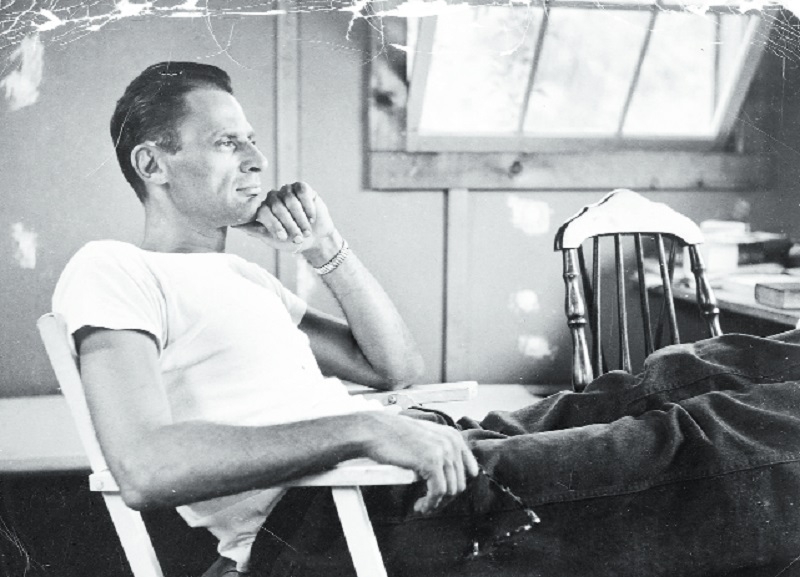Of a connect between cohorts
| Date :14-May-2019 |

By Vijay Phanshikar:
“A newspaper, I suppose, is a nation talking to itself.”
- Arthur Miller,
American playwright, essayist,
and winner of the
Pulitzer Prize for Drama.
NEWSPAPER!
Perhaps the best non-official institution of democracy! Perhaps, the best tool in the hands of the people! Perhaps, the only way the people can express themselves authentically, in the most potent non-official forum of democracy with an official status! There is a continuous, living poetry in newspaper, getting renewed on a daily basis, almost on an hour-to-hour basis, so to say. Every moment is one of rush, of gush, of flight or of fetish, steeped in certain uncertainty -- of the momentariness of the passage of events at a terrible pace. And the attempt of all those who work in newspapers is to capture that moment as smartly, as capably, as correctly as possible. This is poetry in sheer as well as literal terms.
For, when news is sensed and written, when a moment of passing history in the making is attempted to be captured, the impulse has a poeticism very few can understand, but most are benefitted from (without actually realising it). It was not without reason that Poet Laureate Robert Frost called journalism “Literature in hurry”! How true! For, as the newspaper’s men and women write news and views, they put their best foot forward, they use their best intellectual resources in a shortest possible span of time -- only to be able to chronicle the given moment, to capture the given episode in human happenings, to verbalise the emotion of the drama of the given point in time ...! Most of them are not even aware that they are doing all this and so much more.
They just put their heads down and complete the job, sometime assigned and on most other times unassigned but self-accepted as part of a wordless responsibility of informing, educating and also entertaining the reading public -- as a mission integral to popular expression of a people. It is at this point that Arthur Miller’s wonderful statement: “A newspaper, I suppose, is a nation talking to itself”, comes into play. For, it is through the newspaper -- the standard, traditional, and historically-derived and culturally-driven public institution -- that a people (that is a society or community or a nation) expresses itself. It is on this forum, so wonderfully endowed with freedom that is a core value of societal breathing, that the people assert what they wish, discard also what they desire to, deliberate upon what is necessary, and form opinion -- of their own and of others ...! Those who work in newspapers bask in its romance. They also crave for the excitement of the moment -- each moment, each passing day -- as an integral part of the whole of life and its extensions in myriad manners. And to say the least, this romance goes on all the time, all along, all over the world with all the people who are steeped in journalism, in newspapering in all its forms -- from bringing and writing and putting news on the page to printing it and circulating the paper of the day -- as democracy’s most potent symbol. This romance has a maddening dimension to it. There is an element of a love affair to it. For, for most people who once work in a newspaper, it is impossible to work elsewhere. Many, of course, do divert, but keep missing the rush and gush of the life in the newsroom. Technology has often governed the method and manner of making of a newspaper. Yet, it has never been able to override the romance part of gathering of the news and its writing and putting it on the page. But as all this goes on, most factually and poetically, newspaper keeps proving itself as a spiritual process of a nation talking to itself. Sometimes, that talking to itself has certain loudness, and at times it assumes the form of only a whisper, almost in the manner of little sweet-nothings between two cohorts.